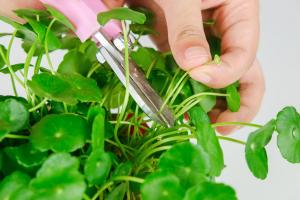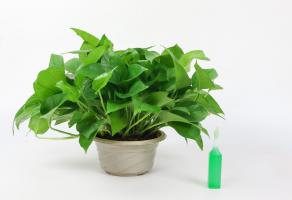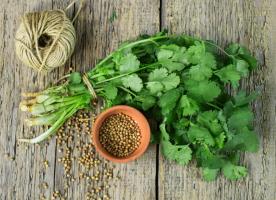Is Bone Meal Good for Potato Plants?
Potatoes are a nutritious and delicious part of many people’s diets. In order to grow healthy and abundant potato plants, gardeners often turn to fertilizers. One popular fertilizer option is bone meal, which is made from crushed animal bones. But is bone meal a good choice for potato plants? Let’s take a closer look.
What is Bone Meal?
Bone meal is a byproduct of the meat and poultry industries. The bones from animals are cooked at high temperatures and then crushed into a fine powder. This powder is rich in phosphorus and calcium, two essential nutrients for plant growth. Bone meal is often used in organic gardening to add these vital nutrients to the soil.
Pros of Using Bone Meal for Potatoes
One of the main benefits of using bone meal for potatoes is its high phosphorus content. Phosphorus is important for root development, which is crucial for potatoes. Adequate phosphorus in the soil can lead to larger and more abundant potato harvests.
Bone meal also contains calcium, which is important for potato plants. Calcium strengthens cell walls and helps prevent blossom end rot, a common potato ailment. An adequate supply of calcium can help ensure healthy potato plants and a thriving potato crop.
Cons of Using Bone Meal for Potatoes
While bone meal can provide important nutrients for potato plants, it is important to be cautious when using it. Overuse of bone meal can lead to a buildup of phosphorus in the soil, which can inhibit the plant’s uptake of other nutrients. This can lead to nutrient deficiencies and stunted plant growth.
In addition, bone meal can attract pests such as rodents and dogs. The scent of the bone meal can be enticing to these animals, and they may dig up the soil in search of the bones. This can damage the potato plants and lead to a poor harvest.
Alternatives to Bone Meal for Potatoes
If you are concerned about the cons of using bone meal for potatoes, there are several alternatives you can try. One option is to use a balanced, all-purpose fertilizer that contains nitrogen, phosphorus, and potassium. This can help ensure that your potato plants receive all the nutrients they need without overloading the soil with phosphorus.
Another option is to use compost or well-rotted manure. These natural fertilizers are rich in nutrients and can help improve soil health. They are also less likely to attract pests than bone meal.
Conclusion
In conclusion, bone meal can be a good choice for potato plants if used in moderation. Its high phosphorus and calcium content can promote healthy root development and prevent blossom end rot. However, it is important to be cautious when using bone meal and to avoid overuse. Alternatives such as all-purpose fertilizer, compost, and well-rotted manure can also be effective options for promoting healthy potato plants and a thriving garden.

 how many times do yo...
how many times do yo... how many planted tre...
how many planted tre... how many pine trees ...
how many pine trees ... how many pecan trees...
how many pecan trees... how many plants comp...
how many plants comp... how many plants can ...
how many plants can ... how many plants and ...
how many plants and ... how many pepper plan...
how many pepper plan...
































